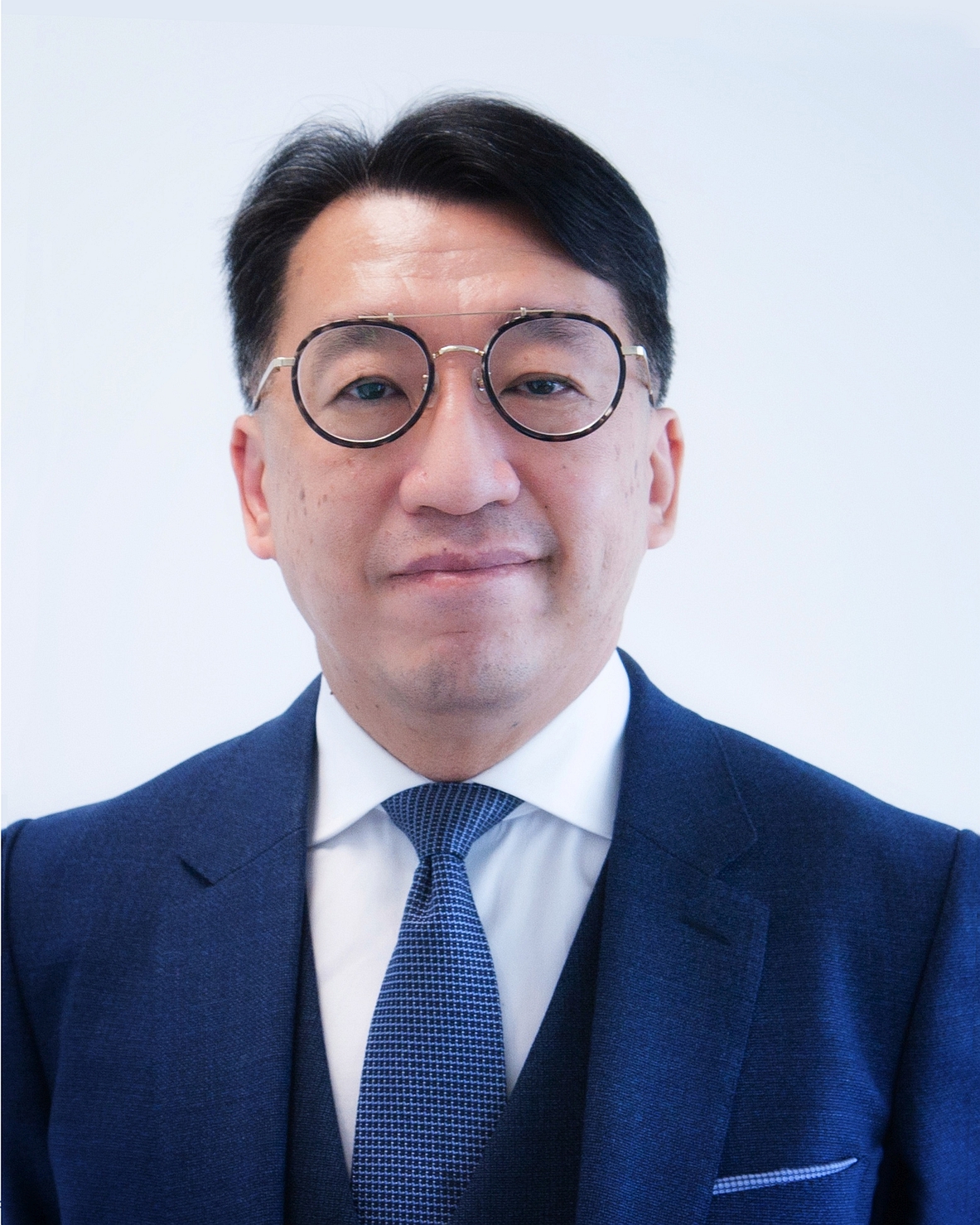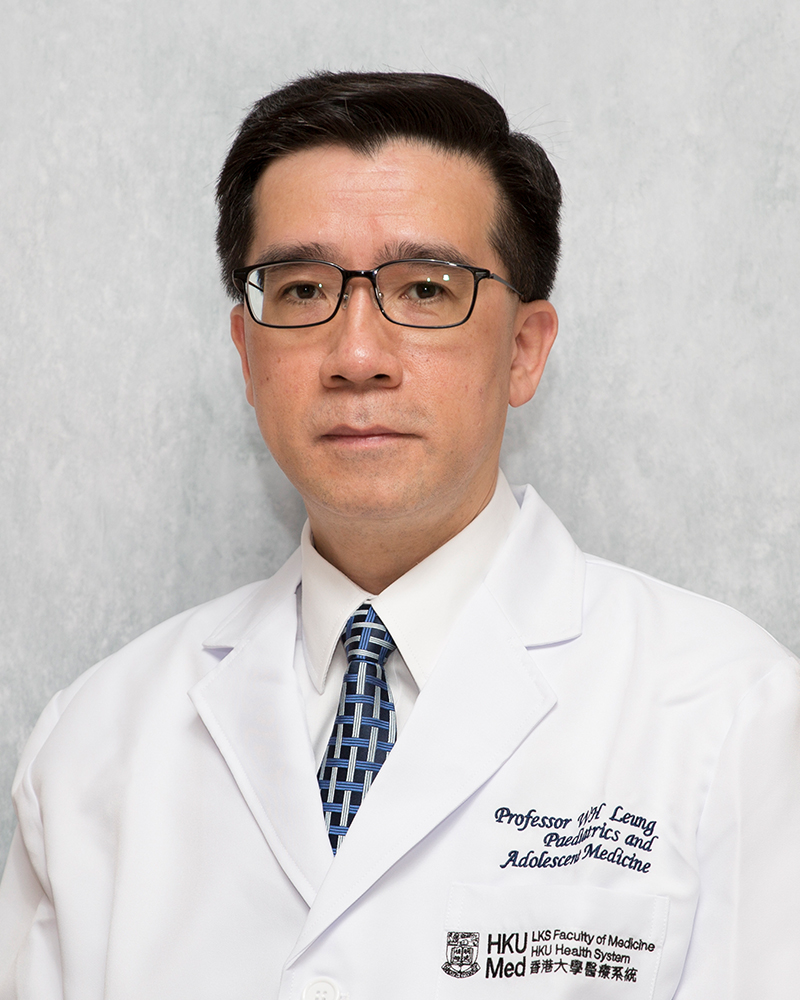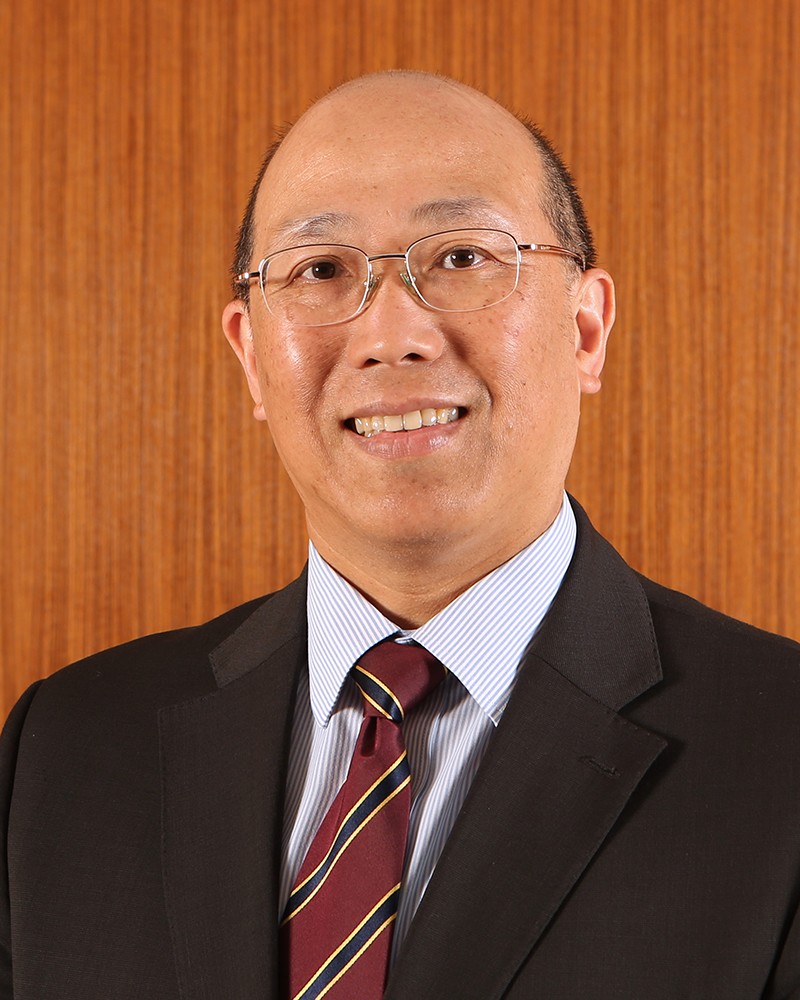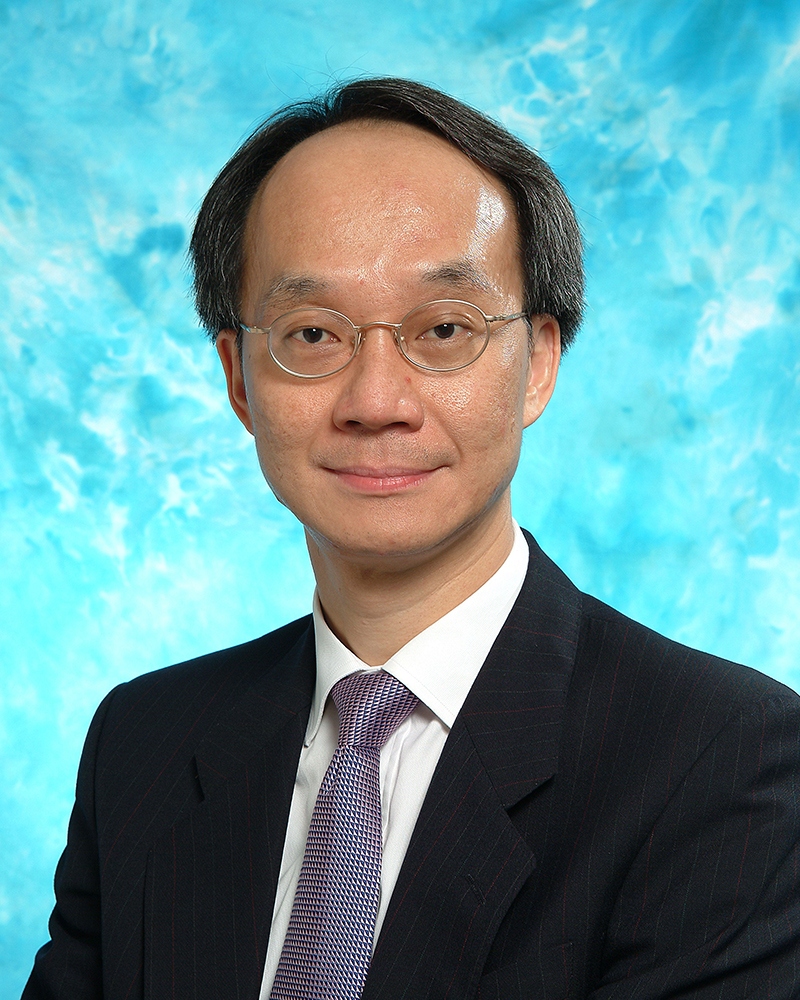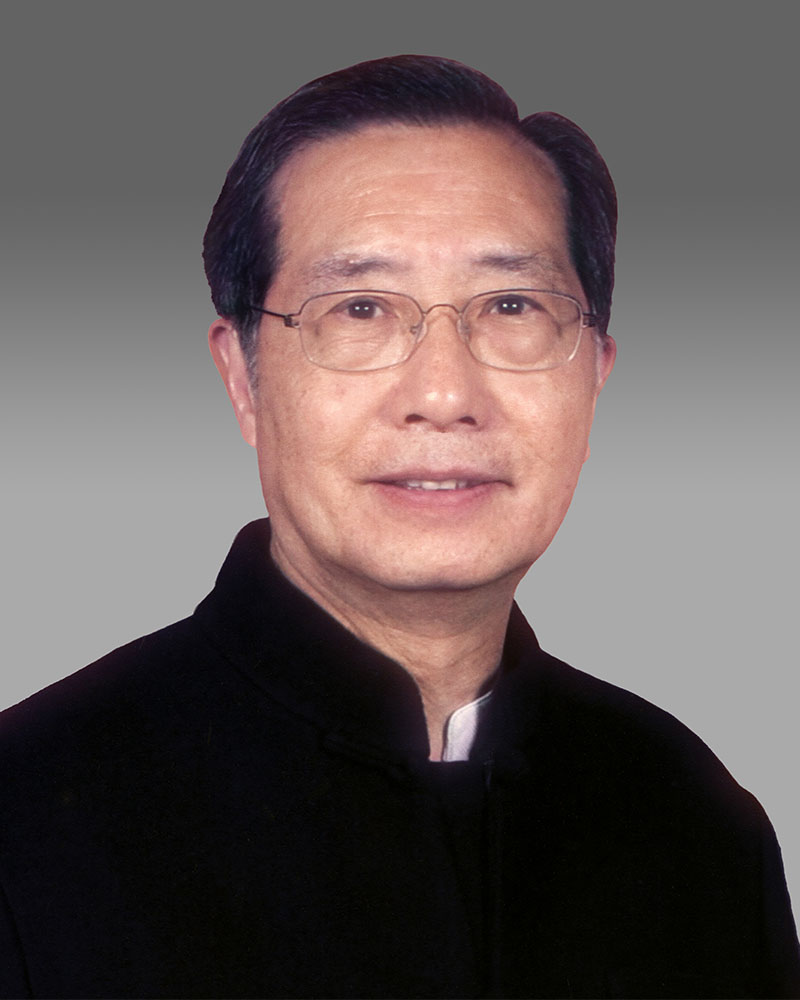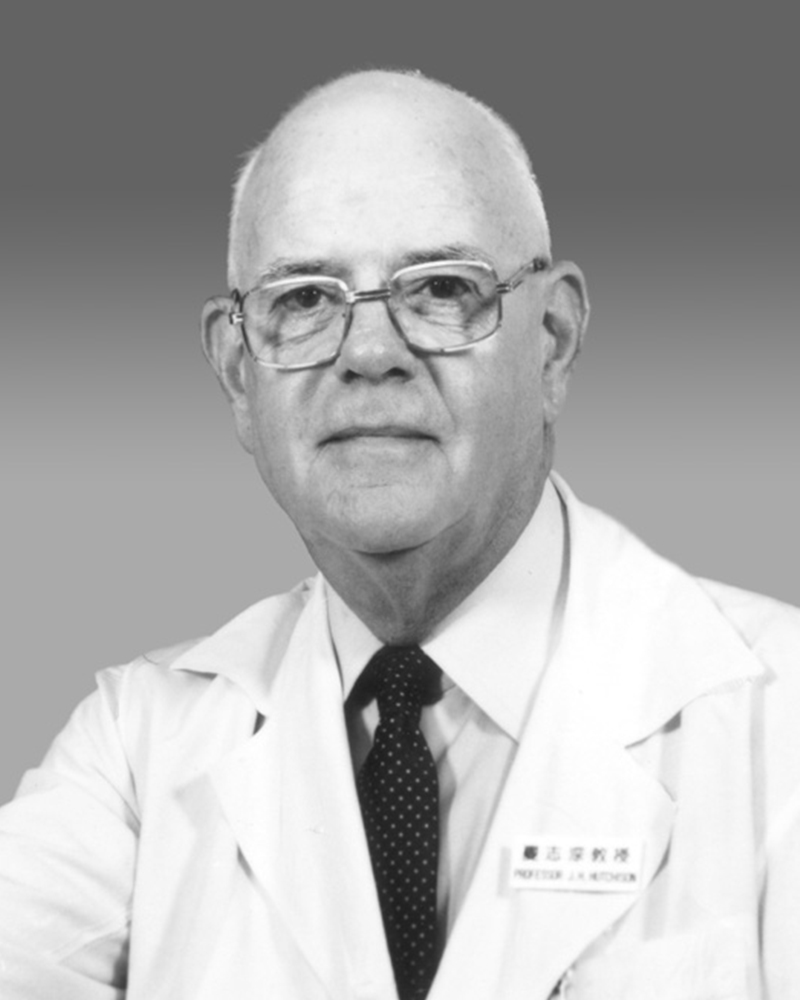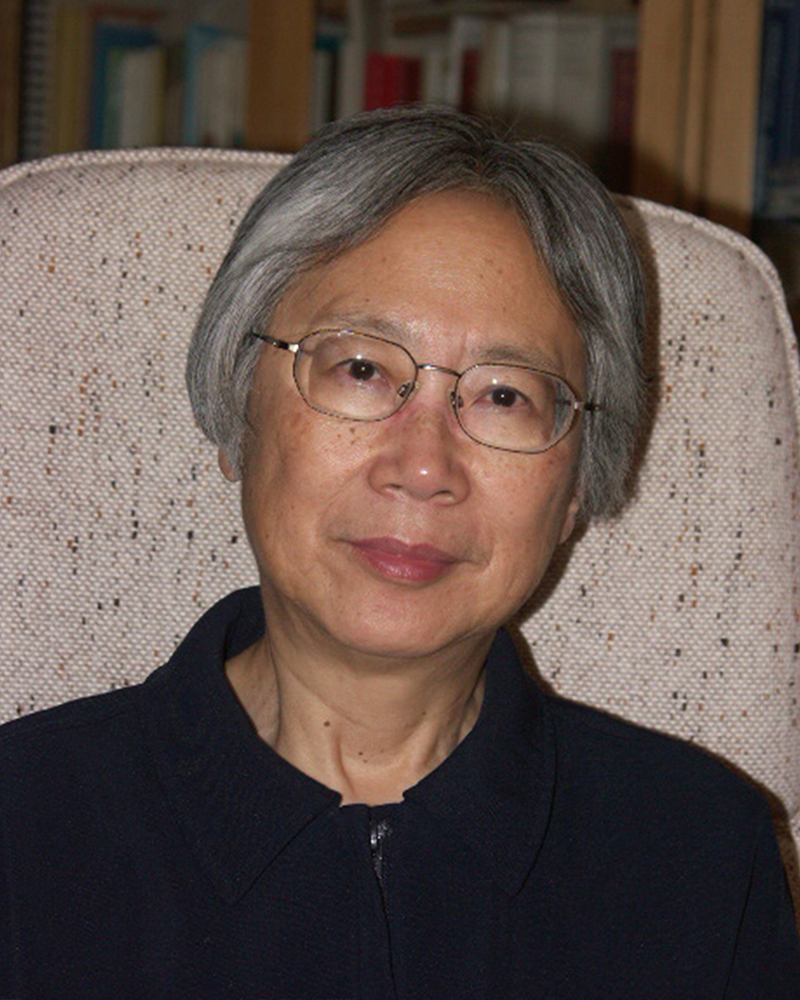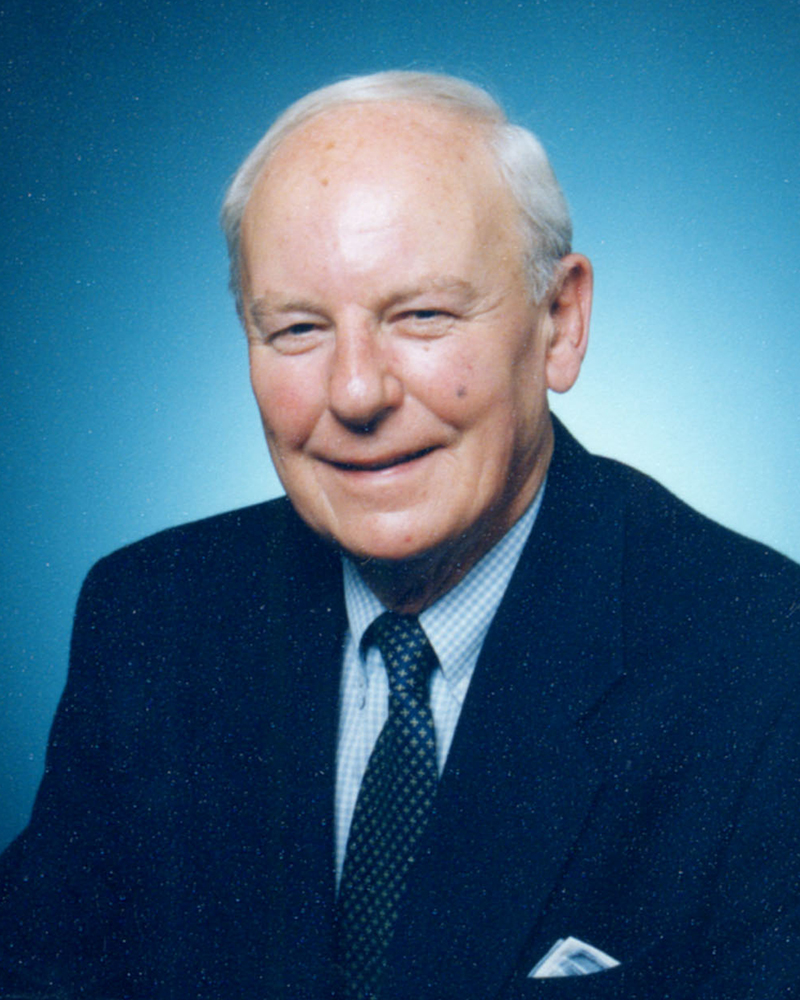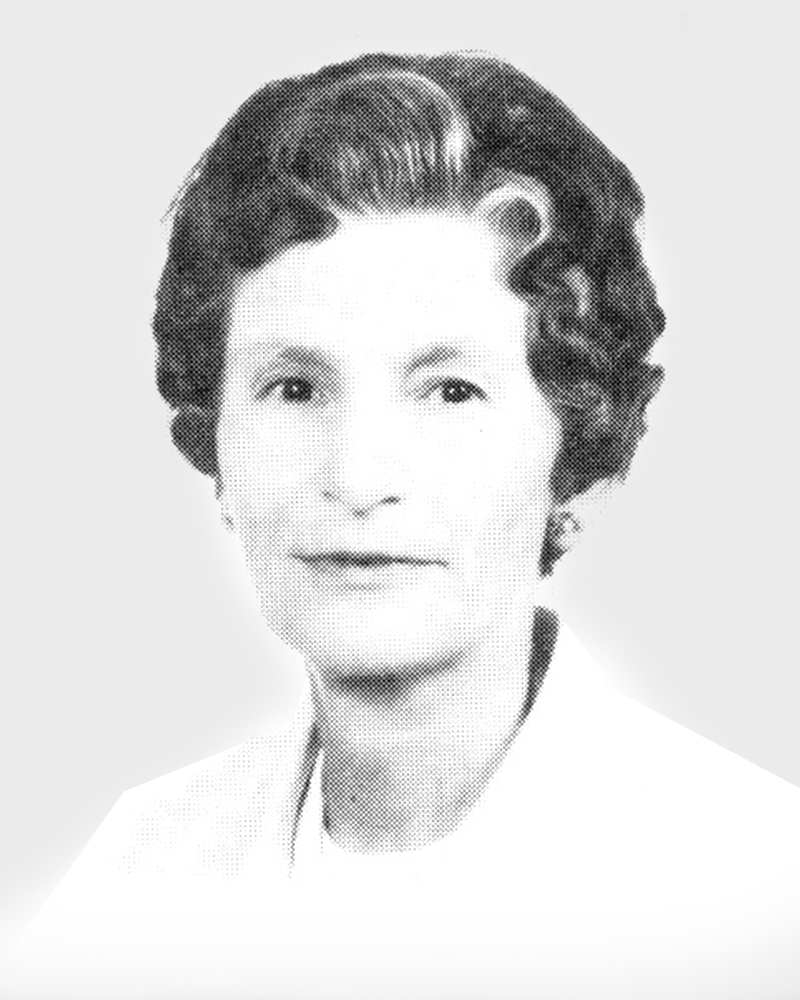UPAM: The Circle of Life and Dreams
With the swift passage of time, the Department of Paediatrics and Adolescent Medicine of HKUMed (UPAM) is celebrating its sixtieth anniversary. Sixty years, in the Chinese calendar, constitute a Jia Zi and represent a full cycle. A cycle, being a circle, is celebrated equally on each point. Being unbridled by time, the circle blends the legacies of the past with the promises of the future. As we celebrate our Diamond Jubilee, we reflect dearly on our past to pave way for our better future.
The Birth and Formative Years

The name UPU, University Department of Paediatrics, is a proud one to be remembered. This all began when Professor C Elaine Field was appointed the first Professor in Paediatrics in the Department of Medicine in 1962. The unit was initially staffed wholly by government medical officers. With the support of the Li Shu Fan Medical Foundation, she established a Lectureship in Paediatrics, with Dr Yen-chow Tsao being the first to be appointed to the post in 1963. In 1964, the Department of Paediatrics was formally established. Professor Field described vividly, “We started in a humble way. It taught me how you can manage on very limited accommodation and financially on a shoestring. What really mattered was the keenest of the few staff available and the interest of the medical students to be taught because therein lay the future of paediatrics. But what of the future? I believe there was a wonderful opportunity for helping that vast continent of China to develop its paediatric service.” How visionary was Professor Field Elaine when she made those remarks. Her commitment to improvement of child health apart from clinical paediatrics was reflected by her longitudinal study with Dr Flora Baber of 300 children from birth, the findings of which were published in the book “Growing up in Hong Kong”. She retired to England in 1971. In her honour, the Hong Kong Paediatric Society established a named lecture, the C Elaine Field Lecture, which is delivered annually by our External Examiner in Paediatrics for the final MBBS examination. In memory of her, our Department established since 2002 the C Elaine Field Gold Medal, which is awarded to MBBS graduates with the best combined results in paediatrics.
Between 1971 and 1974, the Department was led by Professor Garry M Kneebone. In his own words, “I saw my responsibility to expand the role that the Department should play within the undergraduate curriculum and in the broader community as a whole. It was apparent that teaching students paediatrics upon hospitalised children neglected the child health problems that existed in the community ……. the major function of the Department continued to be one of general paediatrics with some areas of subspecialty.” Seeds on subspecialty development had thence been sown.

In the two years that followed, Dr Wai-ying Lui became the Acting Head with “neither interest nor ambition for that position”. Her challenges can be felt when she reflected years later “the task of heading a struggling small department to meet all demands, among the three domineering long established clinical departments in the Faculty of Medicine, was daunting. The fact that the then Faculty Dean whose visual field did not cover Department of Paediatrics made any efforts of obtaining more staff and financial resources futile.” Despite these difficulties, she broadened the content of undergraduate paediatric curriculum and organized community projects with the Department of Community Medicine that involved students going out for home visits to increase their awareness of the complexities of medical and social issues.
“Race horses are receiving better treatment than children in Hong Kong”, this is a famous quote of Professor James H Hutchison who chaired the Department from 1977 to 1980, after retiring from an illustrious career in the United Kingdom. He was mindful of community child health. He regarded research as a high priority, realized the importance of genetics, and pursued his goals to help create a children’s hospital in Hong Kong. Nonetheless, as he remarked, “My campaign for the provision of a separate Children's Hospital attracted the attention of the public media, but I was given no reason to think that it would achieve any of its objectives before I left Hong Kong.” His dream came true four decades later. He retired to Scotland in 1980 and was succeeded by Professor Chap-yung Yeung.
The Phase of Expansion and Development
The headship of Professor Chap-yung Yeung, who graduated from the University and returned from Canada to serve his alma mater in 1980, spanned almost two decades against undulating economic and political backdrops in Hong Kong during this period. In his own words, “a major part of my tenure was spent on building both physical and virtual structures and the latter period in restoring and sustaining confidence for our Department.” For the physical structures, he planned and saw to its completion three important projects that led to the development in UPU of a comprehensive paediatric service: K block at Queen Mary Hospital for general and intensive paediatric care, Duchess of Kent Children's Hospital for child assessment, and Grantham Hospital for paediatric cardiology service. His agenda on subspecialty development in neonatology, cardiology, intensive care, endocrinology, developmental paediatrics and neurology, and haematology and oncology had thus been realized.
Professor Yeung humbly opined that he is “not a great leader who could move people to do all the things, but was blessed with a large number of highly motivated and dedicated colleagues who have contributed willingly to the growth and development of the Department.” With all the support from within and beyond the Department, he became the founding President of the Hong Kong College of Paediatricians. Till this day, he continues passionately to commit himself to teaching medical undergraduates and inspiring the younger generation of paediatric trainees and paediatricians. To promote paediatric research, he invested resources heavily on the development of the paediatric laboratory in the New Clinical Building at Queen Mary Hospital, set up a paediatric research and education fund with the generous donation from Sir Joseph Hotung, and began to foster, being one of the first clinical professors to do so, academic exchanges with mainland China in the early 1980s. The Department had then already been actively engaged in community affairs through helping to establish many parent support groups and charitable organizations. His remarkable deeds led to the blossoming of an era of rapid expansion. Professor Yeung stepped down from headship in 1999 and retired in 2000.
In the new millennium, Professor Yu-lung Lau led the Department between 2000 and 2012. He made several major moves during this period with lasting impact. Four committees, which cater for education, research, clinical affairs, and external affairs, were formed to discharge the respective functions to this day. The Department was renamed Department of Paediatrics and Adolescent Medicine in 2002. The neonatal service in Tsan Yuk Hospital and cardiac service in Grantham hospital were relocated to Queen Mary Hospital in 2001 and 2008, respectively. New initiatives on clinical service included gastroenterology and nutrition, rheumatology, metabolic medicine, clinical genetics, community paediatrics, behavioural paediatrics, and clinical bioinformatics. New educational initiatives included the revamping of the final year MBBS curriculum and involvement of private paediatricians in the teaching of our students. The research laboratory was moved from the New Clinical Building at Queen Mary to the seventh floor of the Laboratory block at Sasson Road, with an area of 600 square metres, in 2002. This then new laboratory was housed with core research facilities and organized with open bench spaces to facilitate sharing by faculty members. In parallel, the number of faculty members and medical graduates recruited into the paediatric training programme increased. In his capacity as the Associate Dean in Education (1995 to 1999) and Research (2003 to 2013) of HKUMed, President of the Hong Kong College of Paediatricians (2015 to 2018), and advisors to many government committees, the latest being the member of the COVID-19 Expert Advisory Panel, Professor Lau has committed further to share his experience in education and research and clinical expertise beyond the Department.
Four Endowed Professorships were established since 2009 with the generous donations received. Professor Lau became the first Doris Zimmern Professor in Community Child Health in 2009 and helped develop an academic community child health unit, Professor Godfrey Chi-fung Chan the first Tsao Yen Chow Professor in Paediatrics and Adolescent Medicine in 2013, Professor Yiu-fai Cheung the first Bryan Lin Professor in Paediatric Cardiology in 2015, and Professor Wing-hang Leung the first Jiaohua Su Professor in Paediatric Oncology and Transplantation in 2022.
“To have dreams is integral to excellence and humanity”, Professor Lau said. “One day when I meet Professor Elaine Field and JH Hutchison in the other world, I could report back to them as their successor that we have we are now contributing to the development of mainland Chinese paediatric service in the form of HKU-Shenzhen Hospital, and there will be a Hong Kong Children's Hospital in 2018, respectively. These were their dreams to achieve clinical excellence when they talk about the future back in 1960s and 1970s.” His dreams largely came true. The headship of Professor Lau ended in 2012, and he was succeeded by Professor Godfrey Chi-fung Chan.
An Era of Opportunities and Challenges
It became immediately clear to Professor Godfrey Chan as he assumed the headship and wrote a decade ago, “Facing the mounting challenges of future, our Department would have split into different sites due to the establishment of the new hospitals. How to maintain our link between hospitals and keep a high quality of service or training requires careful forward planning.”
With the opening of HKU-Shenzhen Hospital in 2012, Professor Chan became the Chief of Service in Paediatrics while Professor Yu-lung Lau assumed Deputy Hospital Chief Executive of Training and Research. Dr Man-chun Chiu, who sadly passed away in 2021, Dr Chun-Bong Chow, Dr Keith Lau, and Dr Nai-shun Tsoi contributed significantly to the development and management of the paediatric department in this new hospital with passion and selfless dedication over the past decade. With the University of Hong Kong being the exclusive clinical partner of Gleneagles Hospital Hong Kong, which opened in 2017, our faculty members have also contributed to the clinical governance, provision of clinical service, and research activity in this private hospital. The seed was sown on the concept of a children’s hospital in Hong Kong in 2003, when Professor Yu-lung Lau introduced Miss Miami Wu from the Children's Cancer Foundation to Dr York Chow, then Hospital Chief Executive of Queen Mary Hospital and later the Secretary for the Food and Health Bureau. The Hong Kong Children's Hospital, under the management of the Hospital Authority, opened in December 2018. With the Hong Kong Children’s Hospital adopting a hub-and-spoke model for caring and managing children with complex and uncommon paediatric conditions, our oncology and cardiology divisions were relocated there in 2019 and 2020, respectively. Medical teachings are also conducted in the wards and clinics. Housed inside the Hong Kong Children’s Hospital are 4000 square metres of research space, shared among academics from different universities and Hospital Authority colleagues, and a 22-bed Clinical Trials Centre.
Opportunities come accompanied by challenges. Since 2018, UPAM oversees in essence paediatric clinical, research and educational activities at Queen Mary Hospital, our base and root, Duchess of Kent Children’s Hospital, Hong Kong Children’s Hospital, Gleneagle Hospital, and across the border, HKU-Shenzhen Hospital. It is legitimate to ponder the way forward and imperative to provide solutions to the formidable challenges. While the best approach is dynamic and undergoing iterations of refinement, execution of well-planned strategies and engagement of people are the key to success. With Professor Godfrey Chan becoming the first Chief of Service of the Department of Paediatrics and Adolescent Medicine at Hong Kong Children’s Hospital, Dr So-lun Lee assumed the Chief of Service of Paediatrics and Adolescent Medicine at Queen Mary Hospital from 2018 to 2023. In these five years, Dr Lee showed a strong leadership in enhancing the child assessment service, chronic ventilator assisted care programme, paediatric subspecialty and intensive clinical service, and tackling clinical manpower shortage at Queen Mary Hospital and Duchess of Kent Children’s Hospital. She was succeeded by Dr Stella Chim, who has shown a strong passion to lead the next phase of paediatric clinical service development in these two hospitals.
With the Hong Kong College of Paediatricians beginning to accredit paediatric subspecialties in Hong Kong, members of our Department have proactively worked with the College over the past decade in the development of accreditation of the following paediatric subspecialties: paediatric immunology, allergy and infectious diseases, developmental-behavioural paediatrics, paediatric neurology, paediatric respiratory medicine, genetics and genomics, paediatric endocrinology, paediatric haematology and oncology, and hopefully before the end of 2024, paediatric cardiology.
The headship of Professor Chan ended in 2021. In the three years that followed, Professor Wing Leung, who previously worked in St Jude Children’s Research Hospital and Duke-NUS Medical School, became Chairperson of the Department. Against the backdrop of COVID-19 pandemic, Professor Leung took the lead in managing departmental matters at the various sites and contributed to the bone marrow transplantation service at Hong Kong Children’s Hospital. His term ended in early 2024.
The Circle of Life and Dreams
As you are reading this passage and riding with us through the journey of UPAM, I am humbled by the appointment as the ninth Chairperson of UPAM in mid-February of 2024. Through the unwavering efforts of our predecessors, UPU had established excellent paediatric clinical services and academic activities at Queen Mary Hospital, The Duchess of Kent Children's Hospital, and previously Grantham Hospital. As you have read, with time, UPAM has expanded to establish itself further at the HKU-Shenzhen Hospital, Gleneagles Hospital, and the Hong Kong Children's Hospital.
To this day, our Department remains true to our vision to provide the finest care for children and their families through science and humanities. We do so by creating knowledge through research, translating research discoveries to benefit our children, educating and nurturing generations of medical healthcare workers, teachers, and researchers in paediatrics, and providing paediatric care of the highest quality. The remarkable evolution from a small paediatric unit six decades ago to a nationally and internationally recognized Department of Paediatrics and Adolescent Medicines attests to the selflessness of generations of Departmental members in achieving our missions. We are connected by core values of integrity and people remain at the centre of our core. Through engaging all the extended UPAM family members, University and Hospital Authority colleagues and our honorary teachers in the private sector, we enter with confidence a new phase that is filled with opportunities but equally challenges of the fourth industrial revolution. Amid the era of artificial intelligence, big data and metrics, we pledge to continue to embrace a human-centred approach to our patients, our students, and our UPAM family members.
Looking ahead, our Department will actively bring in new talents to expand our paediatric clinical programme and academic activities in the HKU teaching hospitals, introduce education technologies and innovation to nurture our medical students and paediatric trainees, and establish new research platforms and networking opportunities nationally and internationally to drive new research initiatives. Through knowledge exchange, we shall strive to share research outcomes with the public and the industry.
As I was drawn by the print Impression, Soleil Levant in my office while appreciating Monet’s depiction of the sunrise, I see hope, strength and courage in our Department. Dream big and possibilities in the circle of life of UPAM become endless. It is this circle of life that provides the momentum that propels us forward amid hope and despite despair, it is this circle of life that is celebrated equally on each point, and it is this circle of life that blends the great legacies of the past with promises of the future. As we celebrate what we have achieved over the past six decades, we are beginning to dream what we would be celebrating in the next Jia Zi.
Bryan Lin Professor in Paediatric Cardiology
Department of Paediatrics and Adolescent Medicine, School of Clinical Medicine, LKS Faculty of Medicine, The University of Hong Kong



